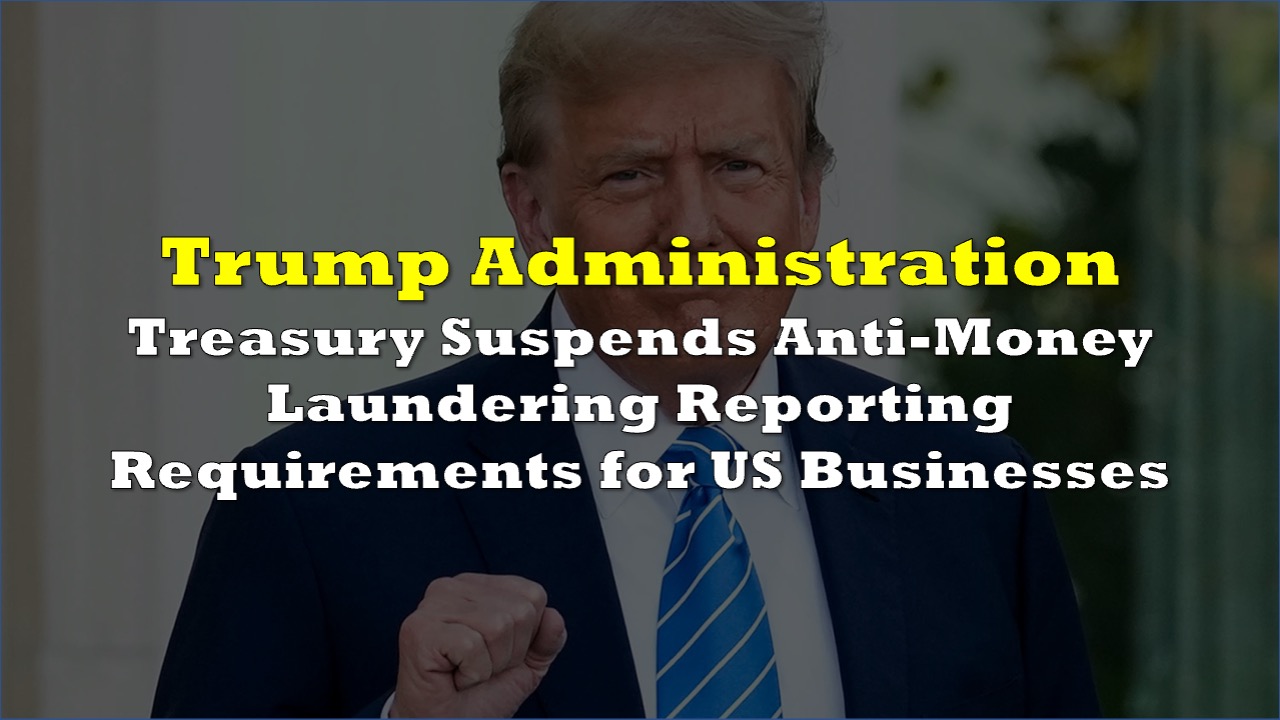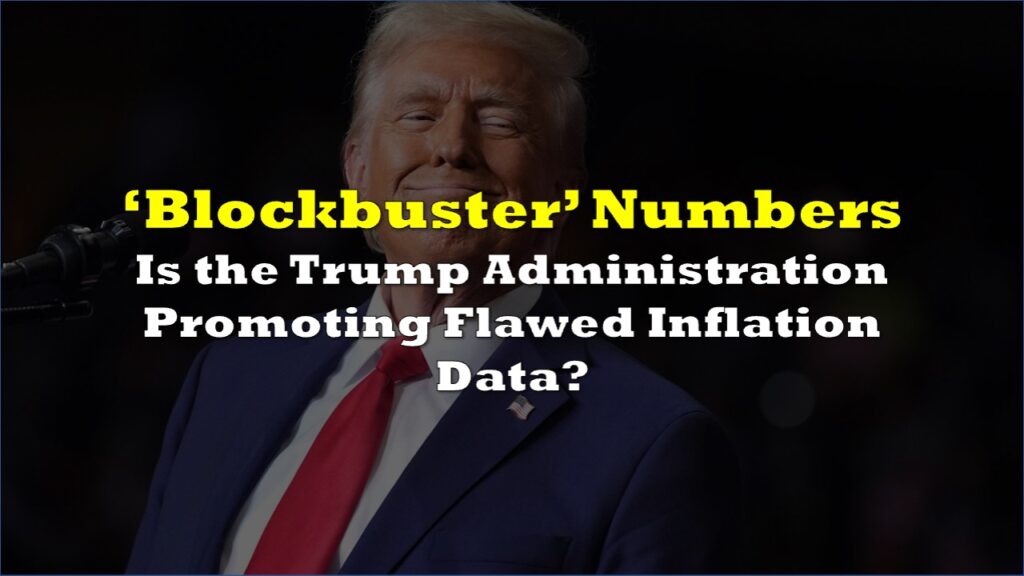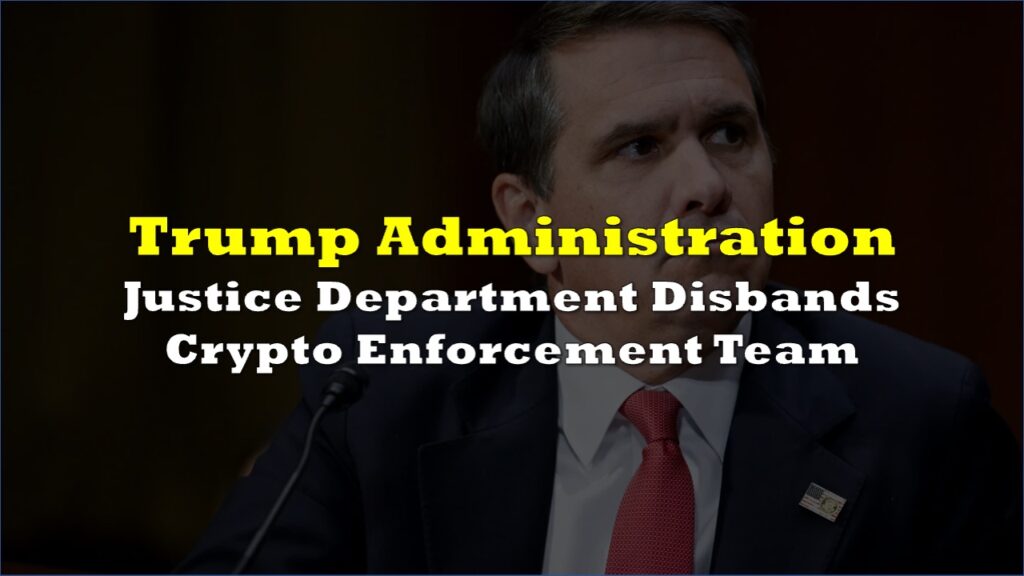The US Treasury Department has suspended enforcement of key provisions of the Corporate Transparency Act that require American businesses to report beneficial ownership information, raising concerns among financial crime experts about potential loopholes for money laundering and tax evasion.
In an announcement made on March 2, the Treasury Department said it would “not enforce any penalties or fines associated with the beneficial ownership information reporting rule under the existing regulatory deadlines” and would further not enforce penalties against US citizens or domestic reporting companies.
The decision affects requirements designed to reveal who ultimately owns or controls companies, a measure enacted in 2021 to combat financial crimes by preventing anonymous shell companies from hiding illicit funds.
“This is a victory for common sense,” said US Secretary of the Treasury Scott Bessent. “Today’s action is part of President Trump’s bold agenda to unleash American prosperity by reining in burdensome regulations, in particular for small businesses that are the backbone of the American economy.”
Financial crime experts and transparency advocates warn the move could create significant blind spots in the US financial system and undermine international anti-money laundering efforts. The decision also puts the US at odds with transparency standards promoted by international organizations like the Financial Action Task Force.
The administration indicated it would issue a proposed rulemaking to narrow the scope of the rule to foreign reporting companies only, creating a potentially problematic two-tier system that could make the US a more attractive destination for hiding assets through anonymous domestic companies.
President Donald Trump celebrated the change in a social media post, calling it “exciting news” and describing the reporting requirement as “outrageous and invasive.”
“This Biden rule has been an absolute disaster for Small Businesses Nationwide,” Trump wrote. “The economic menace of BOI reporting will soon be no more.”
The Corporate Transparency Act’s enforcement had already faced challenges. Court orders had put a freeze on enforcement of reporting requirements between December 2024 and February of this year, following resistance from Republicans and groups like the American Bar Association.
The decision comes as the US has historically pressured other countries to increase financial transparency while now reducing requirements domestically, potentially undermining American credibility in pushing for global financial transparency standards.
The Treasury’s Financial Crimes Enforcement Network (FinCEN) was responsible for implementing the reporting requirements, which would have affected millions of businesses across the country.
Information for this story was found via the sources and companies mentioned. The author has no securities or affiliations related to the organizations discussed. Not a recommendation to buy or sell. Always do additional research and consult a professional before purchasing a security. The author holds no licenses.









